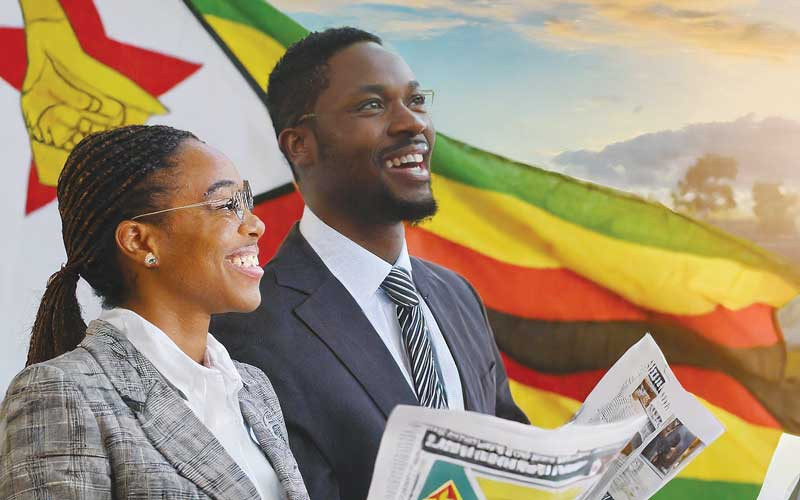
LAST week’s episode with Cris Chinaka YouTube.com//InConversationWithTrevor was a painful reminder of what afflicts the state of journalism in Zimbabwe, and by extension our democracy.
Like so many things in our beloved country, our journalism is broken.
And I take my share of responsibility, by commission or omission, for the parlous state of our media.
The biggest take away from Chinaka’s sober assessment is that Zimbabwe’s media does not yet qualify to be called the Fourth Estate.
It is Chinaka’s view that journalists in Zimbabwe have abandoned their role of being the eyes and ears of the nation.
Journalists have allowed themselves to be answerable to politicians.
The “Yes Minister” journalism has seen a reliance on ruling party and opposition politicians as sources of information.
And yet globally and locally, politicians are the least trusted sources of information.
- Act on Pandora Papers expose
- Pandora Papers: Top Mnangagwa official exposed in biggest leak
- Act on Pandora Papers expose
- Pandora Papers: Top Mnangagwa official exposed in biggest leak
Keep Reading
The public is being short-changed and the full national story is not being told.
The national story is not the mess in opposition politics or the greed and corruption in the ruling party and government. These are, but small parts of the Zimbabwean story.
The big part of the Zimbabwean story is how Zimbabweans are coping in these tough times.
It is the story of the battle to access health, education, water, electricity and other basic necessities.
It is the daily grind of trying to make ends meet with the majority out of employment.
The juniorisation of our newsrooms has robbed the profession of grey-haired wisdom to provide context, texture and analysis to the national story.
Sensationalism and click-bait journalism has eroded public confidence in the profession.
A professional and independent Press is a vital element of any democracy.
It gives citizens the information they need to hold their leaders accountable and promotes economic development.
This, therefore, means that the protection of Press freedom and freedom of expression is a collective responsibility and must not be left to journalists only.
It is in the national interest that Zimbabwe has a professional and responsible media.
A media seized with the issues that bind us and not what divides us is essential for the health of our democracy.
A media that bets for Zimbabwe and not sectoral and partisan issues fosters nation building.
Business benefits from a media that helps to champion good governance, transparency and accountability.
It is society’s collective responsibility to protect media freedom as this undergirds inclusivity and prosperity.
Evidence abound that societies which prosper have a vibrant market place of ideas flowing as a result of media plurality.
Business and society at larger must support and protect a professional media for the sake of our shared prosperity.
The public must seek quality and reliable information and be wary of consuming free and unchecked content.
In this regard, Chinaka’s organisation, ZimFact, plays an important role of moving Zimbabwe towards a culture of checking facts and truthfulness.
We mature as a people when we prioritise facts over our feelings and beliefs.
This means we must be more discerning with regards to what we read and share.
Misinformation has potential to be harmful and in certain instances may threaten social cohesion.
Watch the Cris Chinaka episode here YouTube.com//InConversationWithTrevor.
Trevor Ncube is chairman of Alpha Media Holdings and host of ICWT










